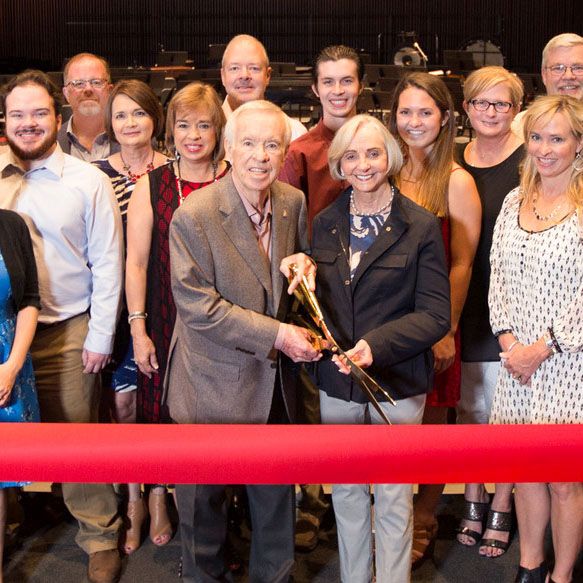Life on Mars
Now that NASA has established the presence of liquid water on Mars—an announcement that brings with it the tantalizing possibility of life on the Red Planet—it’s even more important that we not contaminate the place with microbes hitchhiking in on landers.
Of all the spacecraft that have landed on Mars, only the two Viking landers in 1976 were thoroughly sterilized. That process involves baking at high temperatures, meaning everything on board has to be able to withstand the heat, adding expense and complexity.
Vincent Chevrier, an assistant research professor in the Arkansas Center for Space and Planetary Sciences at the University of Arkansas, is studying the concern of keeping Mars tidy. In fall 2015, Chevrier received a $465,000 NASA grant for a four-year project to study whether microbes from Earth can survive in Martian conditions. If it turns out the microbes like it on Mars, future landers may have to be sterilized before they can approach potentially habitable areas. Microbes from Earth that can survive on Mars might also tell us how to look for life native to the planet.
This is the fourth NASA grant Chevrier has received to study planetary environments. In all, the grants provide more than $1.6 million for research on the environments of Mars, Venus and Saturn’s largest moon, Titan.
His work takes an interdisciplinary approach and includes a team of astrophysicists, geochemists and biologists. Their research in the Arkansas Center for Space and Planetary Sciences, which includes researchers from Fulbright College, College of Engineering, the Honors College and the Graduate School, focuses on the use of sulfate-reducing bacteria to test the effects of salts and low temperature on the organizations. In the lab, bacteria is grown in a pressure vessel that simulates the conditions on the surface of Mars: high concentration of sulfates, low atmospheric pressure and very cold temperatures.
“Will it adapt,” he asks, “or just die?”
The world awaits the answer, and researchers like Chevrier will bring it to us.
Impact our Faculty
- The research being done by professors like Chevrier puts the University of Arkansas in the national spotlight and brings in critical research dollars. However, other universities sometimes try to lure away these talented individuals – often with the prospect of an endowed faculty position at their own institution.
- To retain these key researchers, it is important to invest in our faculty, especially in the form of endowed chairs or fellowships.
- In addition to chairs and fellowships, faculty support endowments are another excellent way to ensure our faculty members have the resources needed for success.




